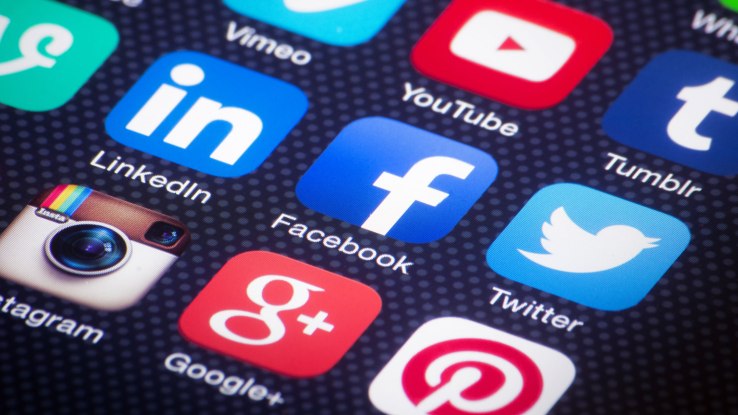
Americans spent more time using smartphone and tablet applications in 2014 than they did mobile and desktop web combined. With nearly four billion smartphones projected to be in use by 2020, the platform shift to mobile is well underway.
The smartphone supply chain has already become a central and unifying aspect of the tech industry. For the first time, there exists a ubiquitous technology that connects us all to a central ecosystem, and apps form a huge part of this. The bar is constantly rising for mobile, and if we accept the “mobilization” of the future as a given, then what we are seeing is only just the very beginning.
Paradigm shift in payment models
Many people still view apps as unsophisticated software with simple, one-dimensional functionality. This perception, however, is going to change. With the widespread adoption of mobile devices and the continued improvement of the hardware layer, alongside the creation of a robust app economy, it has become possible for us to access incredibly powerful software quite literally from the palms of our hands.
As the app ecosystem continues to evolve, and developers continue to push the boundaries of technology available to consumers, expectations of highly advanced app functionality will rise in kind. This demand will ensure that apps be built exclusively on a core of premium software.
Consumers have long been agreeable to paying for high-quality desktop software, and as the mobile app ecosystem continues to evolve, paying for quality software on mobile will become the norm. As mobile apps become more sophisticated in power and UX, and increasingly relied upon in everyday life, there will be a paradigm shift in payment models. As an economic model, the market domination of free apps is not sustainable — especially in fields that require substantial R&D, which is costly.
If the system is to evolve and apps are to become more relevant to day-to-day life, they must be capitalized in accordance with their real-life value. Prices will rise and payment models like freemium, single payment and subscription models will become more widely utilized for new apps entering the market, as opposed to relying so heavily on in-app advertising.
The creation of app stores solved a major distribution problem for software developers. App stores dramatically lowered the barriers of entry, creating the potential for software distribution at a scale and speed that was never before possible — allowing new companies to rise quickly out of obscurity and become significant players. This, in turn, led to the market infusion of more diverse designs and more innovative software, and enabled smaller, less-funded players to enter the market with a greater effect.
In the software world, big-name and financially backed companies traditionally had a huge advantage in their existing distribution channels, making it much easier for them to dominate the desktop market. If Adobe wanted to roll out a new product, they had the means of large-scale dissemination — much more easily, certainly, than for new players in the field. For young upstarts, coming up with the resources necessary to challenge Adobe on desktop is a difficult task.
However, rising to dominance on mobile is something we know very well to be possible for a company that hasn’t even raised one dollar of capital. The new market structure has changed the rules, allowing for a fairer system based on meritocracy that was not necessarily possible in the desktop era.
Thus, app stores essentially allow for new players to more effectively compete. In the near future, we can expect to see far more new and innovative players stepping in and becoming serious contenders in the form of mobile-first technologies from a wealth of hungry new companies. Distinguished old players are going to fall by the wayside if they fail to take hold on mobile.
Lowering the barriers of entry created the proper environment for competition and an explosion of innovation. As a result, app quality is going to skyrocket. The idea that apps are simple programs with limited functionality is an idea that is going to dissipate into a past reality within the coming years, as the technical quality of future releases creates rapid advances, thanks to the ecosystem the app stores have created.
As the union of technical prowess, product dissemination and app relevance unfolds, the status quo of how we relate to mobile apps will fall away, and a new set of standards will take their place.

Comments
Post a Comment